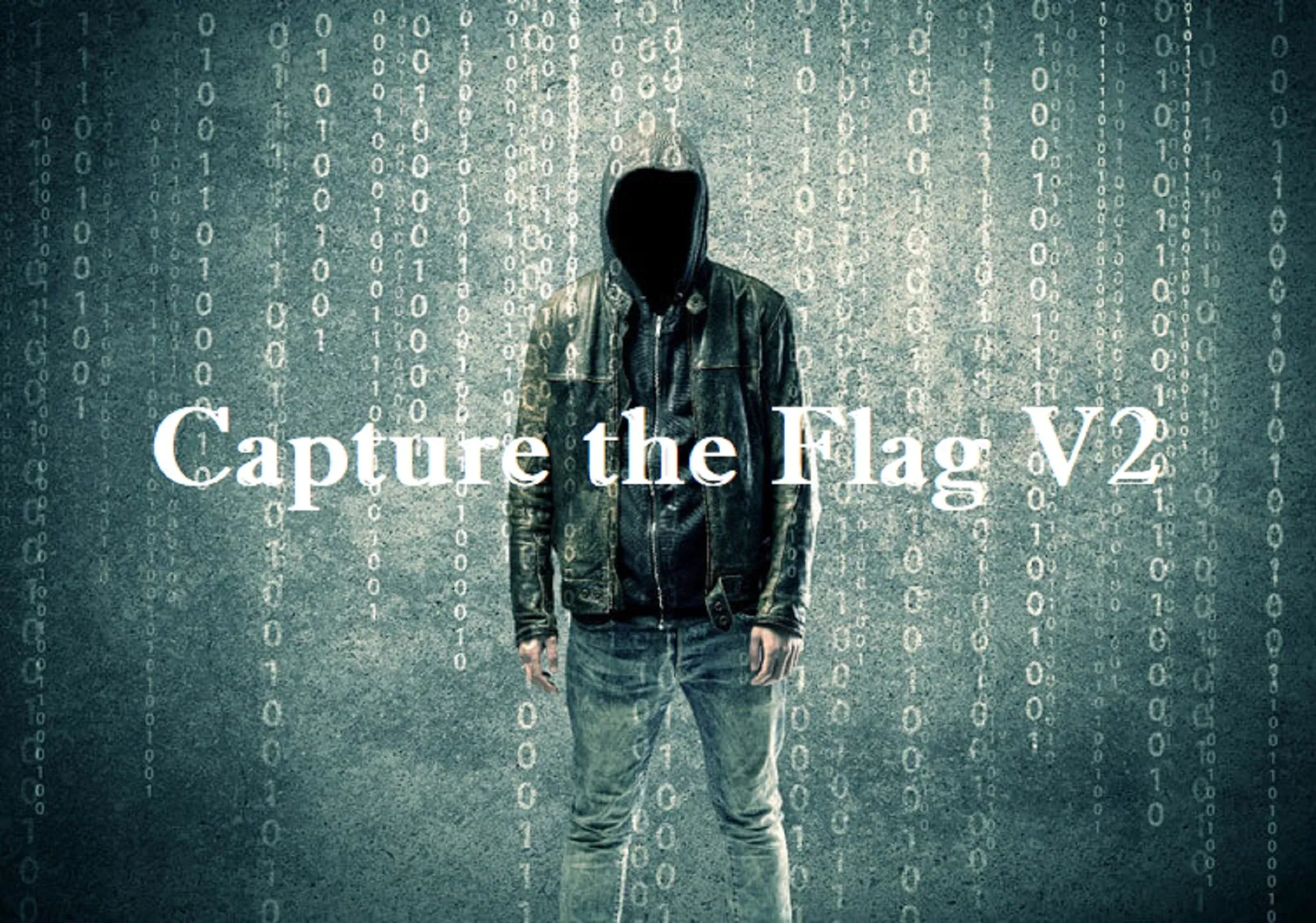
Ethical Hacking - Capture the Flag Walkthroughs - v1 
This course provides students with an introduction to ethical hacking, teaching them how to footprint a target, enumerate for vulnerabilities, analyze them, and exploit the target to gain root access. Through a series of Capture the Flag (CTF) walkthroughs, students gain a comprehensive understanding of the ethical hacking process. ▼
ADVERTISEMENT
Course Feature
![]() Cost:
Cost:
Paid
![]() Provider:
Provider:
Eduonix
![]() Certificate:
Certificate:
No Information
![]() Language:
Language:
English
![]() Start Date:
Start Date:
Self Paced
Course Overview
❗The content presented here is sourced directly from Eduonix platform. For comprehensive course details, including enrollment information, simply click on the 'Go to class' link on our website.
Updated in [March 06th, 2023]
This course provides students with an introduction to ethical hacking and Capture the Flag (CTF) walkthroughs. Students will learn how to footprint a target, enumerate the target for possible vulnerabilities, analyze the vulnerabilities and exploit the target to gain root access. Through a series of CTF walkthroughs, students will gain hands-on experience in ethical hacking. At the end of the course, students will have a better understanding of the techniques used by hackers and how to protect their own systems from malicious attacks.
[Applications]
Students who have completed this course can apply their knowledge to real-world ethical hacking scenarios. They can use the techniques learned to footprint a target, enumerate the target for possible vulnerabilities, analyze the vulnerabilities, and exploit the target to gain root access. Additionally, they can use the knowledge gained to create their own CTFs and challenge themselves and others to solve them. Finally, they can use the skills acquired to help organizations secure their networks and systems from malicious actors.
[Career Paths]
1. Cybersecurity Analyst: Cybersecurity analysts are responsible for monitoring and protecting an organization’s computer networks and systems from cyber threats. They use a variety of tools and techniques to identify, analyze, and respond to potential security threats. As the demand for cybersecurity professionals continues to grow, the need for skilled analysts is expected to increase.
2. Penetration Tester: Penetration testers are responsible for testing an organization’s security systems and networks to identify any potential vulnerabilities. They use a variety of tools and techniques to simulate real-world attacks and identify any weaknesses in the system. As the need for secure networks and systems continues to grow, the demand for skilled penetration testers is expected to increase.
3. Security Engineer: Security engineers are responsible for designing, developing, and maintaining secure systems and networks. They use a variety of tools and techniques to ensure that the systems and networks are secure and compliant with industry standards. As the need for secure systems and networks continues to grow, the demand for skilled security engineers is expected to increase.
4. Security Architect: Security architects are responsible for designing and implementing secure systems and networks. They use a variety of tools and techniques to ensure that the systems and networks are secure and compliant with industry standards. As the need for secure systems and networks continues to grow, the demand for skilled security architects is expected to increase.
[Education Paths]
1. Bachelor's Degree in Cybersecurity: A Bachelor's Degree in Cybersecurity provides students with the knowledge and skills to protect computer networks and systems from malicious attacks. Students learn about the fundamentals of computer networks, cryptography, and security protocols, as well as the ethical and legal implications of cyber security. This degree is becoming increasingly popular as the demand for cyber security professionals continues to grow.
2. Master's Degree in Computer Science: A Master's Degree in Computer Science provides students with the advanced knowledge and skills to develop and maintain computer systems. Students learn about the fundamentals of computer programming, software engineering, and computer architecture. This degree is ideal for those looking to pursue a career in software development, computer engineering, or computer security.
3. Doctorate Degree in Information Security: A Doctorate Degree in Information Security provides students with the advanced knowledge and skills to develop and maintain secure computer systems. Students learn about the fundamentals of computer security, cryptography, and security protocols. This degree is ideal for those looking to pursue a career in information security, computer forensics, or cyber security.
4. Certificate in Ethical Hacking: A Certificate in Ethical Hacking provides students with the knowledge and skills to identify and exploit vulnerabilities in computer systems. Students learn about the fundamentals of computer networks, cryptography, and security protocols, as well as the ethical and legal implications of cyber security. This certificate is becoming increasingly popular as the demand for ethical hackers continues to grow.
Pros & Cons

Great seminar

Nice explanation of CTFs

Excellent

Great CTF walkthrough

Lots of new information

Very clear and understandable

None
Course Provider

Provider Eduonix's Stats at AZClass
Discussion and Reviews
0.0 (Based on 0 reviews)
Explore Similar Online Courses

Computing in Python III: Data Structures

Exploring Everyday Chemistry - Free Online Course

Python for Informatics: Exploring Information

Social Network Analysis

Introduction to Systematic Review and Meta-Analysis

The Analytics Edge

DCO042 - Python For Informatics

Causal Diagrams: Draw Your Assumptions Before Your Conclusions

Whole genome sequencing of bacterial genomes - tools and applications

Ryan Montgomery - #1 Ethical Hacker Who Hunts Child Predators Catches One Live On Podcast SRS #56

Become Master in Ethical Hacking with Android (without Root)


Start your review of Ethical Hacking - Capture the Flag Walkthroughs - v1